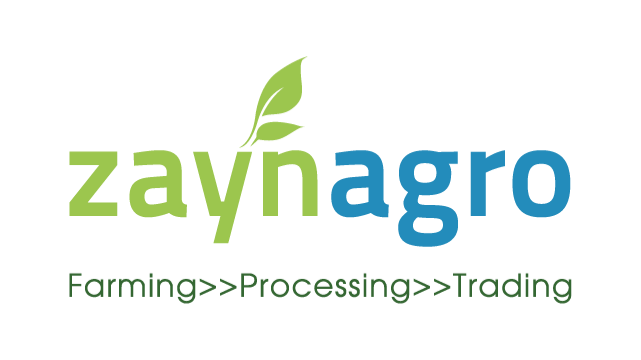Who we are:
We are a privately owned Company, having been in the cotton business for four generations. Our Ginnery was among the first to be setup in Kenya way back in 1935. Therefore we are well experienced in all aspects of the cotton business and strive to form strong long term relationships, for the mutual benefit of all our partners.
We manage to weather the challenges facing Kenya’s cotton sector through using innovative business models and most importantly our determination and passion to grow this sector and uplift our farming communities.
Our business model:
Our business encompasses three main areas.
The first side is contract farming, which involves contracting Farmers within Kitui, Meru and Lamu Counties to grow cotton for us. These Farmers are set up as smaller groups, which lie under a larger farmer’s umbrella co-operative body.
We provide them with inputs such as planting seed and pesticides on a loan basis, and recover this loan when they bring the cotton to sell to us. We buy cotton from them on a cash on delivery basis, in order to motivate them to grow more. Currently we work with around 7,000 small scale farmers.
The second side to our business is processing, where we gin the cotton and separate the fibre from the seed. We further refine this fibre and compress it into 190kg bales, which are sold to local spinners and exported to India and Bangladesh. The fibre (lint) is converted into yarn then textiles. The seed is crushed in our oil mill, to yield cotton seed oil and cake. We convert the cotton seed oil into bio-diesel for our own use as well as for supply to the UN Office in Nairobi, several eco-lodges and our Power Africa project. The cotton seed cake is sold as animal feed and is a vital component in the dairy and poultry industry.
The third aspect of our business involves trading. We source lint from Tanzania and Uganda to supply to our clients. We also procure other agricultural commodities like green grams, cow peas, pigeon peas and mangoes from our Farmer networks, and export them.
We employ 15 full time staff at our plant, and 75 casual staff who run the factory; and therefore are a major employer of people within Kitui County.
Key achievements:
Establishment of a strong contract farmer network after the collapse of the Cotton Board of Kenya in the early 1990’s, which led to the collapse of the cotton industry in Kenya. Setting up these networks has ensured that we have adequate raw material.
Formulating our own bio-fuel - Our factory runs on a large diesel engine. When oil prices peaked between 2008 and 2011, our running costs increased and profitability reduced drastically. To mitigate this we started researching into producing bio-diesel from the oil of our cotton seeds. After two years of trials and testing, our team managed to come up with a variety of diesel that was suitable not only to run the factory but also our whole fleet of vehicles. This has allowed us to have control over our energy costs as well as become fully “green”.
After successfully pioneering the bio-diesel production process, we went ahead to fully set-up a large scale bio-diesel production facility. We currently supply the United Nations Office Nairobi and several Eco-Tourism lodges. We are also engaged in a project with Power Africa, through USADF (United States Africa Development Fund) where we are seeking to bring about off grid power to 1,000 households in Kitui County, through the use of bio-diesel generators and water pumps. The idea is to improve the productivity of the local population through better farming or small scale commercial businesses (such as hair salons and metal fabrication) which can be conducted in off grid areas, through using an environmentally friendly fuel.

